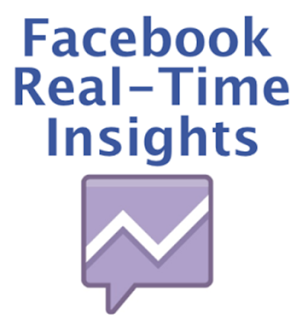Facebook Graph Search - is there any value?

The basics are that Facebook searches your " social graph " because it has your and your friends specific "Likes, pages, click, links, connections and conversations" The result is that searching should produce more relevant results thank Google's "Whole World Wide Web". In other words it feeds you what you have fed it. The signals; your and your friends "Likes" are a somewhat limited data set - it is not everything you do on the web and does not represent what others do. However, Google sells search and Facebook also now sells search - in fact since you Like it Facebook can sell (advertise to you) you what you Like and with that Signal increase the advertising margin (hope) when it sells the placement. Simple - tell you what you tell me because you Like it. What Facebook needs to do is add more data as real social graph results as the current one is rather limited ---- http://actualfacebookgraphsearches.tumblr.com/ It essence is


